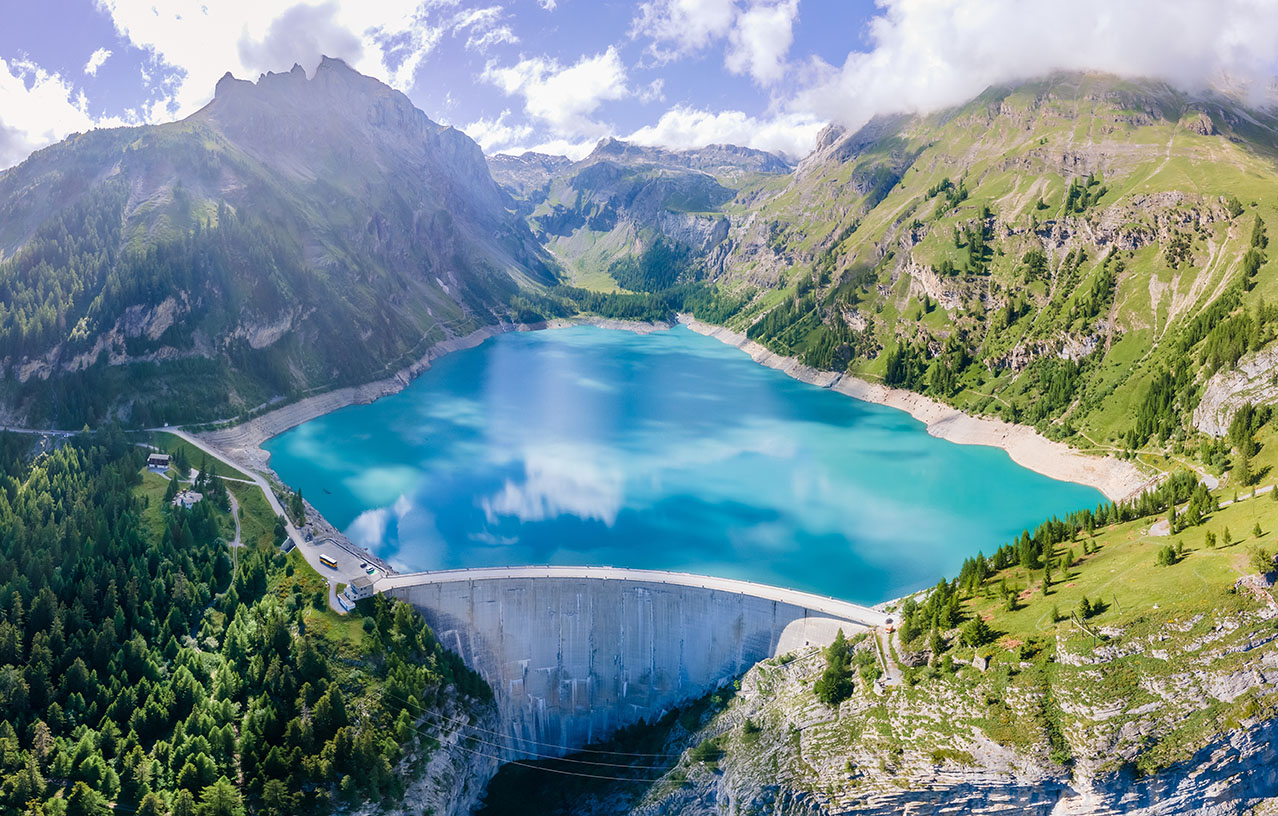

A reservoir is a large body of water that is stored for later use. Reservoirs are often used to store water for drinking, irrigation, and hydroelectric power generation.
Reservoirs can be natural or man-made. Natural reservoirs include lakes, ponds, and wetlands. Man-made reservoirs are created by building dams across rivers.
Reservoirs are important for storing water and providing a reliable source of water for human use. They also play a role in flood control and water quality.
The dam created a reservoir for storing water.

Noun:
The word "reservoir" comes from the Old French word "reservoire", which means "storehouse".
The first recorded use of the word "reservoir" in English was in the 15th century.
Why are reservoirs important?